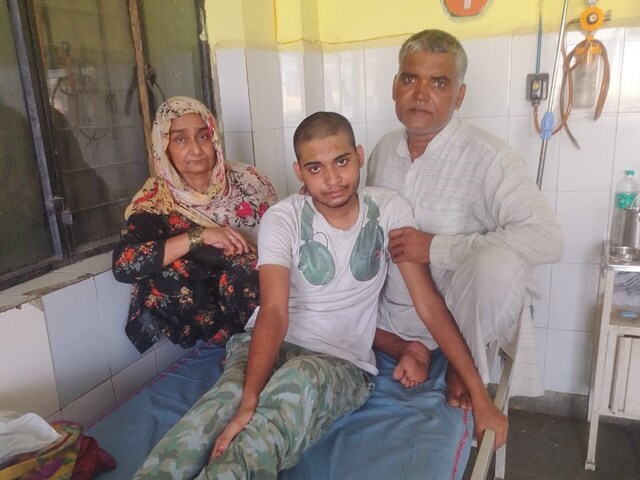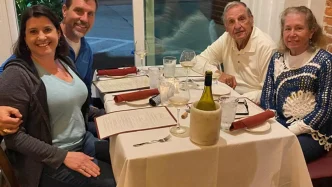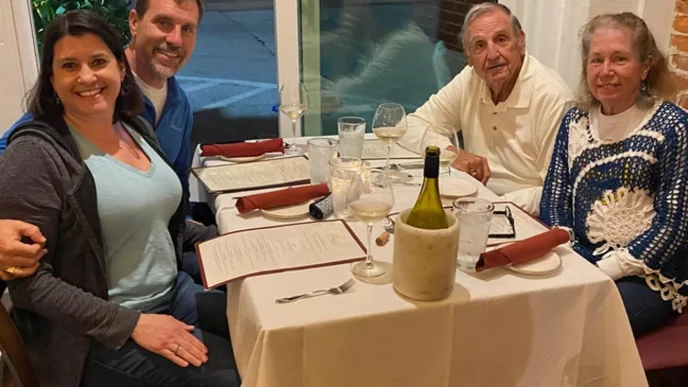
The Betrayal of Friendship
Mujahid’s ordeal began with someone he trusted deeply—Omprakash Pal, whom he considered a friend. According to Mujahid, Omprakash had lured him into a trap. He recounted that Omprakash sedated him, rendering him unconscious, and then transported him to a hospital in Muzaffarnagar. It was in this hospital, under the cover of anesthesia, that the unthinkable occurred.
The Sudden and Unwanted Transformation
Upon regaining consciousness, Mujahid was confronted with the devastating reality of what had happened. He was informed that he had undergone surgery that transformed him from a man to a woman. The shock and confusion that followed were overwhelming. The surgery, performed without his consent, had irrevocably changed his life.
The Immediate Aftermath
The immediate aftermath of the surgery was a whirlwind of emotions and questions. Mujahid was left to process not only the physical changes but also the psychological and emotional impact of such a drastic, unwanted transformation. His sense of betrayal by a friend he had trusted compounded the trauma.
Legal and Social Implications
The incident has sparked a significant outcry, highlighting critical issues of consent and medical ethics. Questions are being raised about how such a procedure could be carried out without the explicit consent of the patient. Local authorities are under pressure to investigate the circumstances surrounding the surgery and to bring those responsible to justice.
The Road Ahead for Mujahid
For Mujahid, the road ahead is fraught with challenges. Adjusting to a new reality imposed upon him without his will requires immense strength and resilience. The support of his community, family, and legal system will be crucial in helping him navigate this difficult period.
A Community in Shock
The village of Sanjak is reeling from the incident. Such a betrayal and the subsequent violation of personal autonomy have left many questioning the sanctity of trust and the safety of their community. Discussions about consent, bodily autonomy, and the ethical responsibilities of medical professionals are at the forefront.
The Broader Implications
Mujahid’s story sheds light on broader societal issues. It underscores the importance of informed consent in medical procedures and the need for stringent regulations to protect individuals from such violations. It also calls attention to the vulnerability of trusting individuals who can be easily manipulated by those they consider friends.
Mujahid’s experience is a stark reminder of the potential for betrayal and the profound impact it can have on a person’s life. As he embarks on the difficult journey of recovery and adjustment, his story serves as a call to action for stronger protections and greater awareness around issues of consent and personal autonomy. The community of Sanjak, and indeed society at large, must rally to ensure that such a grievous violation does not happen again.











